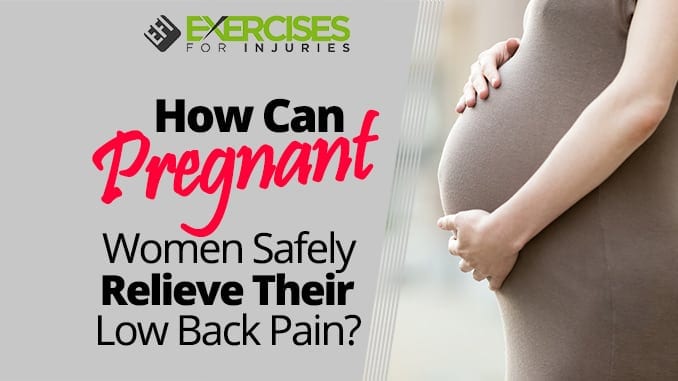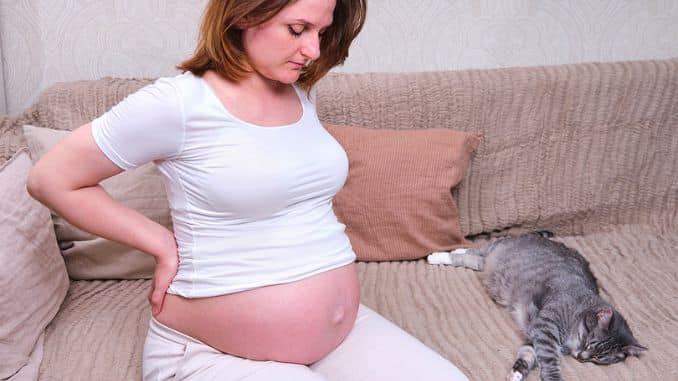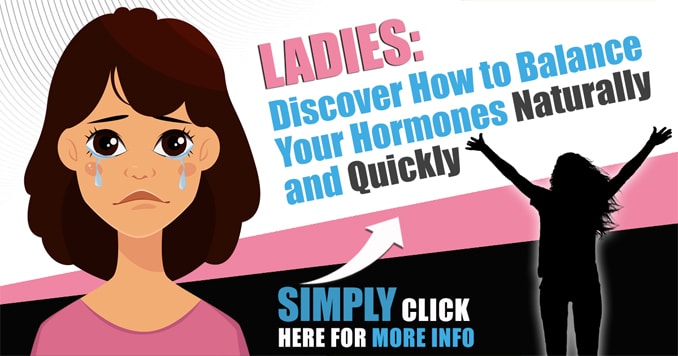
If your doctor has given you the go-ahead to continue your normal activities as much as possible—including exercise—these tips will help you safely relieve your back pain so that you can enjoy the rest of your pregnancy.
I have not done one of these in a while, and I miss it.
So this morning, I started digging around Pubmed before the kids got up. Pubmed is a monstrous research database, and I looked to see what was new on back pain.
Here is what I found:
Back Pain and Pregnancy
I am past the pregnancy phase of life. (If you have kids, you understand what I mean.)
But I know when my wife was pregnant, her biggest issue was back pain. While digging in Pubmed, I came across an article that just came out on what pregnant women can do to relieve their back pain.
Here are some of their suggestions:
- If you are pregnant and have to take days off because of your back pain, think about going to water aerobics or physical therapy. Doing so has been shown to decrease people’s days away from work.
- I thought this was an interesting statement, “Acetaminophen is safe for use in pregnancy but lacks evidence of efficacy.” Something to think about but check with your doctor first.
- Other things that you can do to decrease your back pain while pregnant are: sleep on your side with a pillow between your knees, wear low-heeled shoes, and, when sitting, use a pillow behind your back.
Back Pain and ED
Well, I will comment briefly on this one, but medication may help with one problem but may lead to another.
This was a fascinating study. They looked at pharmaceutical records of men to see how many had opioids for back pain and medication for erectile dysfunction.
Here are a few clips from the research:
- “Patients prescribed daily opioid doses of 120 mg of morphine-equivalents or more had greater use of medication for erectile dysfunction or testosterone replacement than patients without opioid use.”
- “Males who received medications for erectile dysfunction or testosterone replacement (n = 909) were significantly older than those who did not and had greater comorbidity, depression, smoking, and use of sedative-hypnotics.”
Does Height or Weight Lead to Back Pain in Kids?
In this paper, they looked at thousands of adolescents’ body mass index (BMI).
What they found was:
- BMI was strongly linked to back pain in males and females
- Plus, height was strongly associated with back pain in both female and male adolescents
If your adolescent or adolescent client has back pain, it could be linked to their BMI or height if they are in the taller class group. You can work on the BMI side of things, but it is not much you can do about height.
That is it for today.
Have a great weekend.
Rick Kaselj, MS


